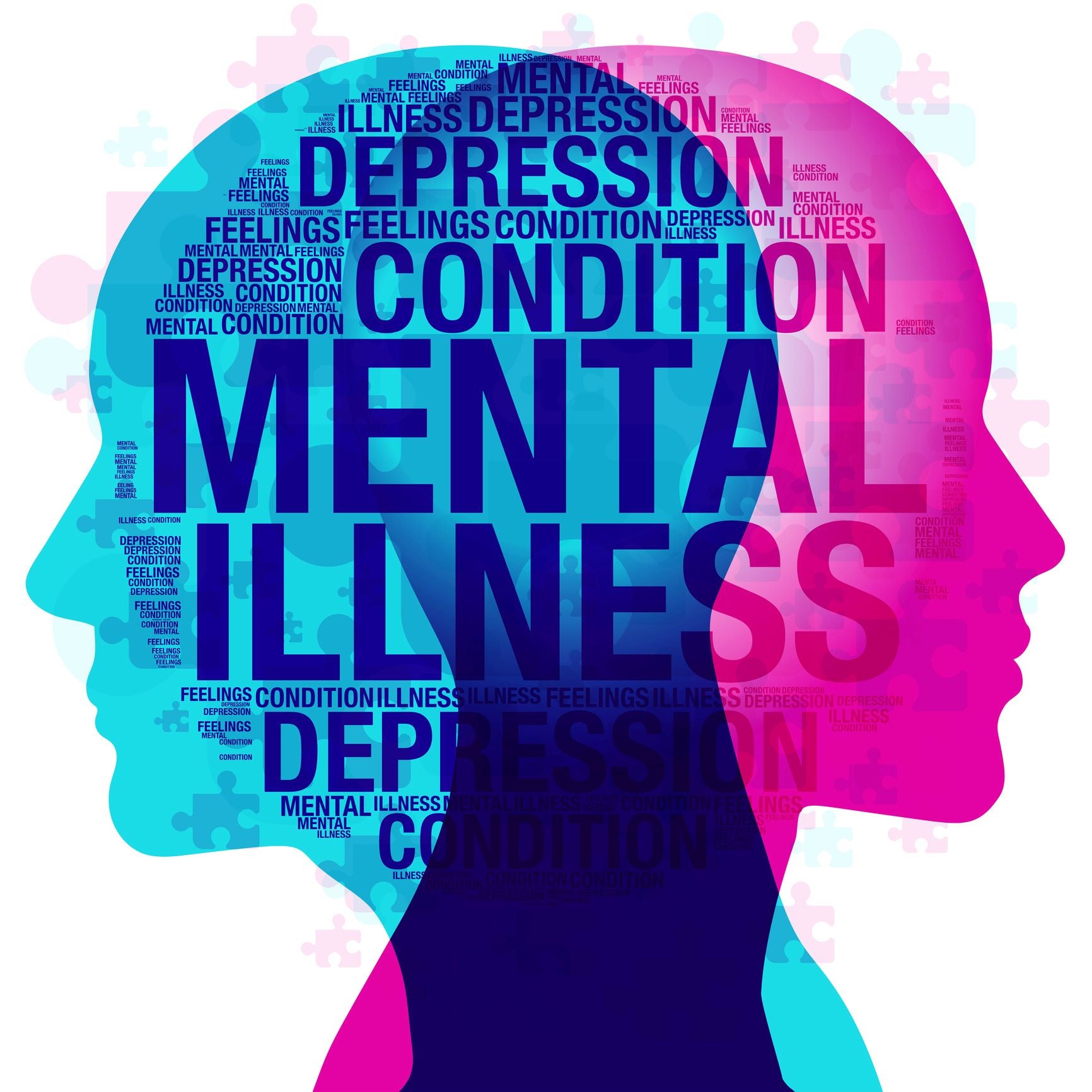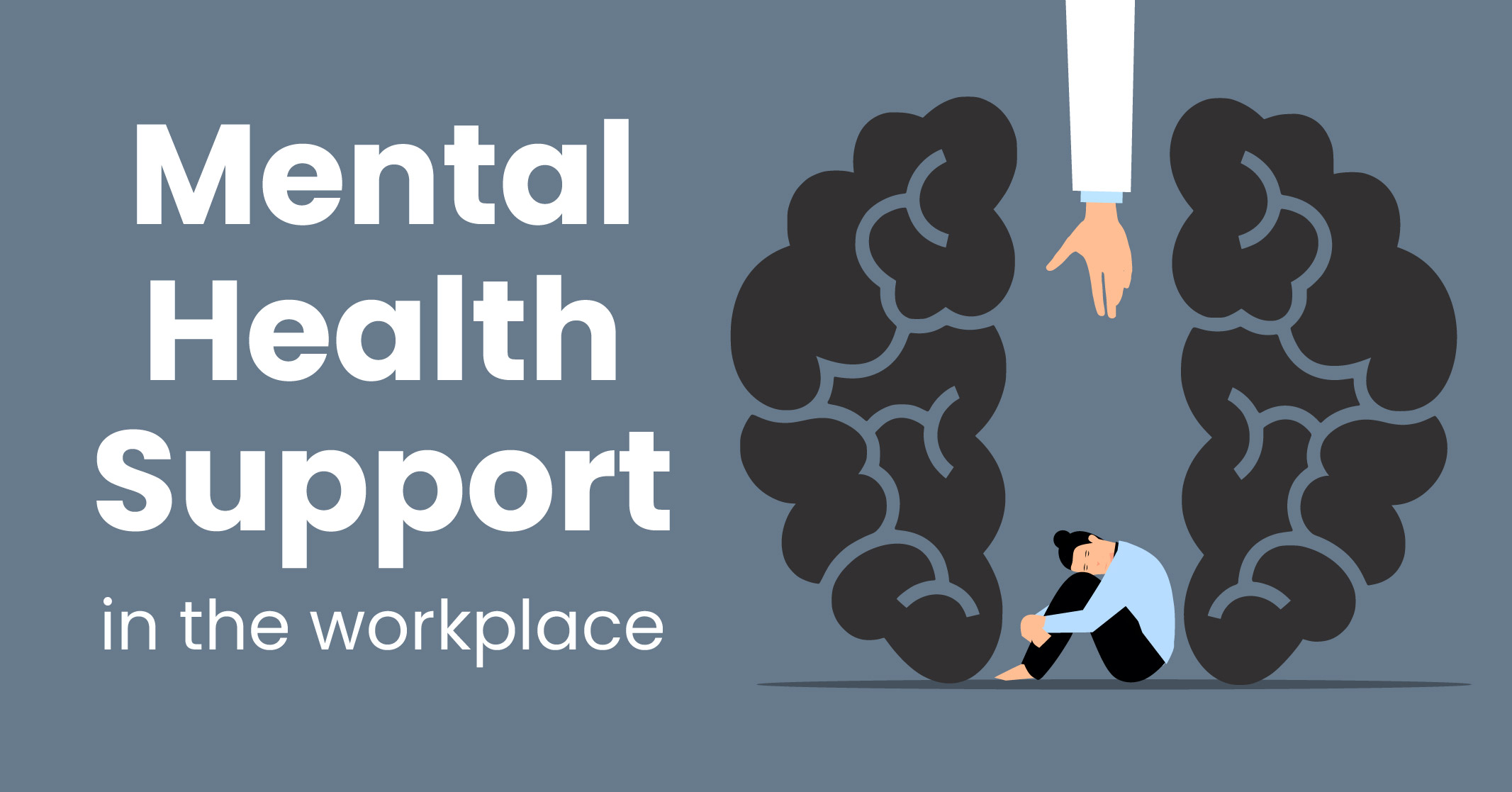Comprehensive Inpatient Mental Health Providers for Effective Therapy
Inpatient mental health and wellness solutions represent an important element of the medical care system, supplying a organized and intensive atmosphere for individuals experiencing severe psychological distress. These solutions utilize a multidisciplinary strategy, incorporating numerous evidence-based therapies to deal with the complicated requirements of individuals. The performance of such extensive treatment prolongs beyond prompt stablizing; it additionally includes the shift to outpatient assistance, a vital stage commonly overlooked - Inpatient Mental Health Facility. Checking out the nuances of this continuum discloses substantial implications for both individual healing and wider psychological health and wellness results. What variables truly influence this shift, and just how can we boost its efficiency?
Understanding Inpatient Mental Health Providers
Inpatient psychological health services give critical assistance for individuals experiencing serious mental distress that can not be managed efficiently in an outpatient setup. These services are created to supply an extensive level of treatment in a structured environment, frequently within a hospital or specialized facility. Patients confessed to inpatient programs typically display severe symptoms, such as suicidal ideation, extreme clinical depression, or psychosis, necessitating day-and-night monitoring and treatment.
The admission process generally involves a comprehensive assessment by mental wellness specialists, that examine the individual's mindset, history, and prompt needs. Once confessed, people participate in a variety of therapeutic techniques tailored to their specific needs, consisting of medicine monitoring, individual treatment, and team sessions. This holistic approach intends to maintain the person's condition, advertise security, and foster coping abilities.
Inpatient psychological health solutions not only address prompt health worries but also function as a bridge to continuous care. By offering a regulated environment, these solutions assist in the advancement of treatment strategies that can be continued in outpatient settings, therefore ensuring a continuum of care and improving long-lasting results for individuals with complex mental wellness demands.
Key Elements of Effective Therapy
Reliable treatment in inpatient psychological wellness solutions comprises a number of essential components that promote recovery and stabilization. Firstly, an extensive analysis is crucial to recognize the person's specific demands and challenges. This analysis educates the growth of a customized therapy strategy, which works as a roadmap for intervention.
An additional essential element is the multidisciplinary group strategy. Partnership amongst psychoanalysts, psycho therapists, registered nurses, and social employees makes sure that different perspectives add to the person's care, boosting the efficiency of treatment. Evidence-based restorative modalities, such as cognitive-behavioral therapy (CBT) and dialectical behavior modification (DBT), are likewise essential, providing structured methods that address maladaptive idea patterns and behavior issues.

Last but not least, a concentrate on aftercare planning is important to make sure a seamless shift to outpatient solutions, reducing the threat of relapse and promoting lasting wellness. These collective elements produce an effective treatment structure within inpatient mental wellness services.
Advantages of Comprehensive Treatment

Extensive treatment in inpatient psychological health services offers numerous advantages that significantly enhance person results. Among the primary advantages is the alternative method to treatment, addressing not just the emotional signs however also the physical, social, and emotional requirements of individuals. This extensive assessment permits customized treatments that advertise total wellness.
One more advantage is the assimilation of multidisciplinary groups, which fosters collaboration among health care experts. This joint setting guarantees that people get collaborated treatment, decreasing the threat of fragmented therapy and enhancing communication among caretakers. Extensive treatment facilitates continuity of solutions, enabling for smooth shifts from inpatient to outpatient settings, which is critical for long-term recovery.

Lastly, the organized atmosphere of detailed inpatient care provides a secure space for clients to participate in restorative activities, aiding them create coping techniques and resilience. Jointly, these benefits contribute to much more efficient therapy and improved lifestyle for individuals experiencing psychological wellness situations.
Evidence-Based Restorative Methods
In the realm of mental health and wellness therapy, evidence-based healing approaches play an essential role in ensuring that patients obtain efficient and medically supported treatments. These techniques incorporate the most effective offered research study with clinical experience and patient worths, fostering a tailored therapy experience that attends to specific requirements.
Cognitive Behavior Therapy (CBT) is just one of the most extensively acknowledged evidence-based methods, focusing on identifying and transforming adverse idea patterns and behaviors. This structured strategy has actually demonstrated efficiency in treating problems such as anxiousness, depression, and ptsd. Dialectical Behavior Treatment (DBT) is especially efficient for individuals with borderline personality condition, emphasizing the growth of psychological guideline and interpersonal effectiveness skills.
Furthermore, drug administration is frequently an integral component of evidence-based therapy, as psychotropic medications can reduce signs and improve total functioning. Joint care models, which include multidisciplinary teams, additionally enhance the efficiency of inpatient services by making certain extensive examinations and continuous surveillance.
Ultimately, the integration of evidence-based restorative approaches not just promotes positive clinical outcomes yet also empowers clients, cultivating a feeling of company and resilience in their psychological health and wellness journeys.
Transitioning to Outpatient Assistance
The shift from inpatient mental wellness services to outpatient assistance notes a crucial phase in a client's recovery journey. This period requires mindful planning and control to make sure continuity of treatment and to minimize the risks of regression or dilemma. Reliable discharge preparation must begin early in the inpatient keep, entailing a multidisciplinary team that includes psychoanalysts, psycho therapists, registered nurses, and social workers.
Trick aspects of a successful transition consist of the development of Inpatient Mental Health Facility a detailed aftercare strategy customized to the person's particular needs. This plan must outline follow-up appointments, medication administration, and therapeutic interventions, along with identify area sources and assistance teams that can facilitate ongoing recovery.
Furthermore, person and household education and learning is important during this stage. Recognizing the indications of prospective setbacks and the value of sticking to treatment can equip patients and their assistance systems.
Regular follow-up and reassessment of the outpatient strategy are important to resolve evolving obstacles. By promoting a joint relationship in between outpatient and inpatient companies, the possibility of continual recuperation rises, ultimately improving the person's top quality of life and lowering the danger of readmission.

Final Thought
In summary, extensive inpatient mental health and wellness solutions supply an essential structure for attending to serious psychological distress through a multidisciplinary approach. By incorporating evidence-based treatments, promoting a structured setting, and advertising family participation, these services boost therapy effectiveness. The emphasis on stability and the development of coping skills not just help in immediate recovery however additionally assists in a smoother transition to outpatient treatment. Ultimately, such thorough care is crucial for lasting mental health and well-being.
The admission procedure usually includes a thorough assessment by mental wellness professionals, that assess the individual's mental state, background, and instant needs.Effective treatment in inpatient mental health solutions consists of numerous key parts that foster healing and stablizing.Comprehensive treatment in inpatient psychological wellness services provides many advantages that considerably boost person results.The change from inpatient psychological health services to outpatient support notes a critical stage in an individual's healing journey.In summary, extensive inpatient mental health solutions offer a necessary structure for dealing with serious psychological distress through a multidisciplinary approach.
Comments on “What to Expect at an Inpatient Mental Health Facility for Recovery”